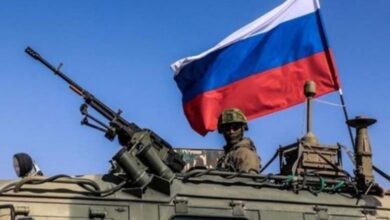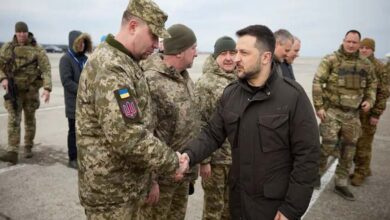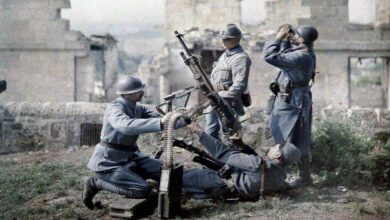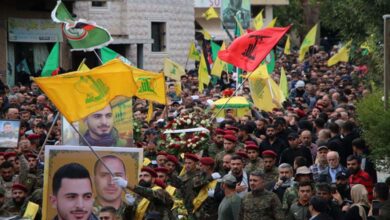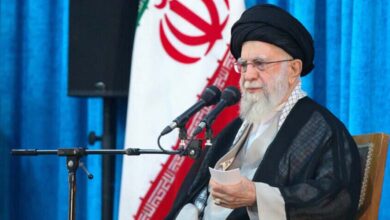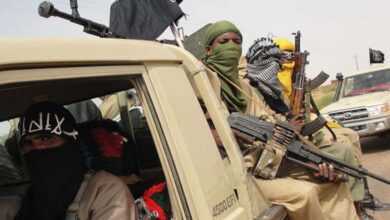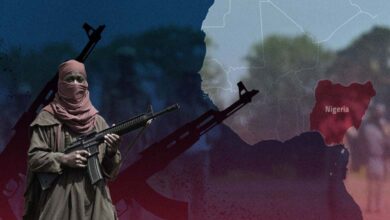After Putin’s Statements… What is the Risk of Amending Russia’s Nuclear Doctrine?
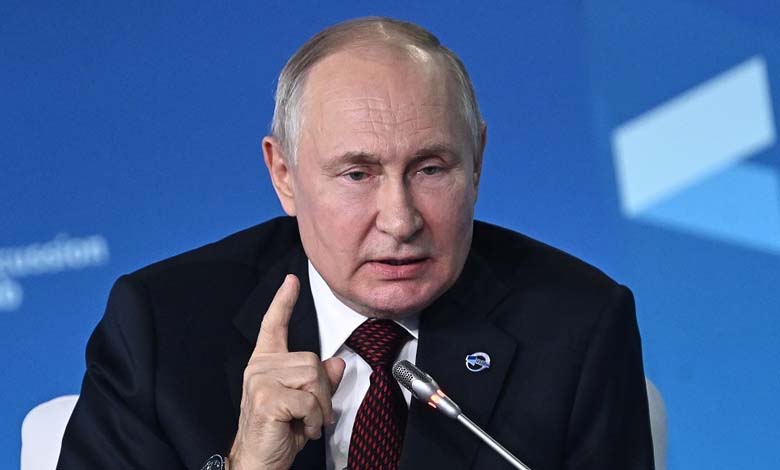
The issue of Russia’s nuclear doctrine has resurfaced in international discussions following recent statements by President Vladimir Putin about the possibility of amending it. These statements come amid the ongoing war with Ukraine, which has lasted for over two years, during which Moscow has repeatedly threatened to use nuclear weapons. So, what is Russia’s nuclear doctrine, and how might it change in the future?
Definition of Russia’s Nuclear Doctrine
Russia’s nuclear doctrine is a set of principles that define the conditions under which Russia might resort to using nuclear weapons. These principles aim to protect the state and ensure effective deterrence against any potential threats.
The current doctrine includes specific scenarios for using nuclear weapons, such as responding to a direct nuclear attack on Russia, and responding to a conventional attack—even with conventional weapons—that poses an existential threat to the state.
Additionally, the doctrine was amended about four years ago to include the possibility of preemptive nuclear strikes. According to this amendment, Russia could carry out a nuclear strike if it received confirmed information about an adversary’s intention to launch missiles against it.
Potential Amendments and Updated Conditions
Based on the latest amendment, Russia can use nuclear weapons in the following cases: if it receives reliable information indicating an impending nuclear attack against it, if it or one of its allies is attacked with weapons of mass destruction (nuclear, chemical, or biological), and if sensitive sites are attacked in a way that threatens the state’s existence, even if the attack is carried out with conventional weapons.
With the ongoing tensions in Ukraine, some Russian military analysts have called for reducing the conditions under which nuclear weapons can be used. These calls reflect a trend towards amending the doctrine to be more conservative and reduce the likelihood of resorting to nuclear weapons except in extreme necessity.
In conclusion, Russia’s nuclear doctrine remains a topic of discussion both domestically and internationally. As political and military conditions change, we may see new amendments aimed at adapting to current and future challenges.
Increasing International Tensions
Major General Mohamed Abdelwahab, a military and strategic expert, believes that any change in Russia’s nuclear doctrine could increase international tensions, explaining that the shift towards the possibility of preemptive nuclear strikes might be interpreted by the West as an escalation.
Abdelwahab added that this Russian escalation could lead to a new arms race and increased global instability. Furthermore, it might prompt NATO countries to strengthen their nuclear defenses and develop new offensive strategies to counter the growing Russian threat.
-
International Criminal Court issues arrest warrant against Putin for committing war crimes, Moscow: ‘We do not recognize it’
-
Putin’s New Year’s speech: Assertions of Russia’s Power and the West’s ‘Lie’
The military expert emphasized that this escalation in nuclear armament could lead to a global arms race, with major powers striving to develop their nuclear capabilities to ensure a balance of power. This increases the risk of nuclear incidents or miscalculations leading to unintended nuclear conflict. These changes could also affect international relations in general, as other countries might view Russia as adopting a more aggressive stance, hindering diplomatic and disarmament efforts.



